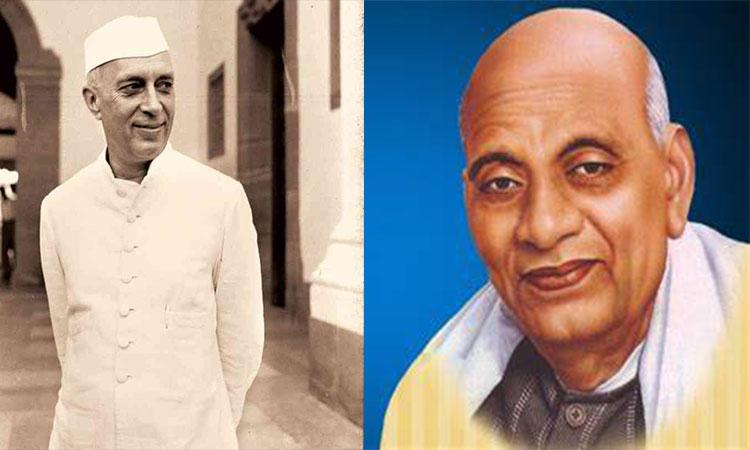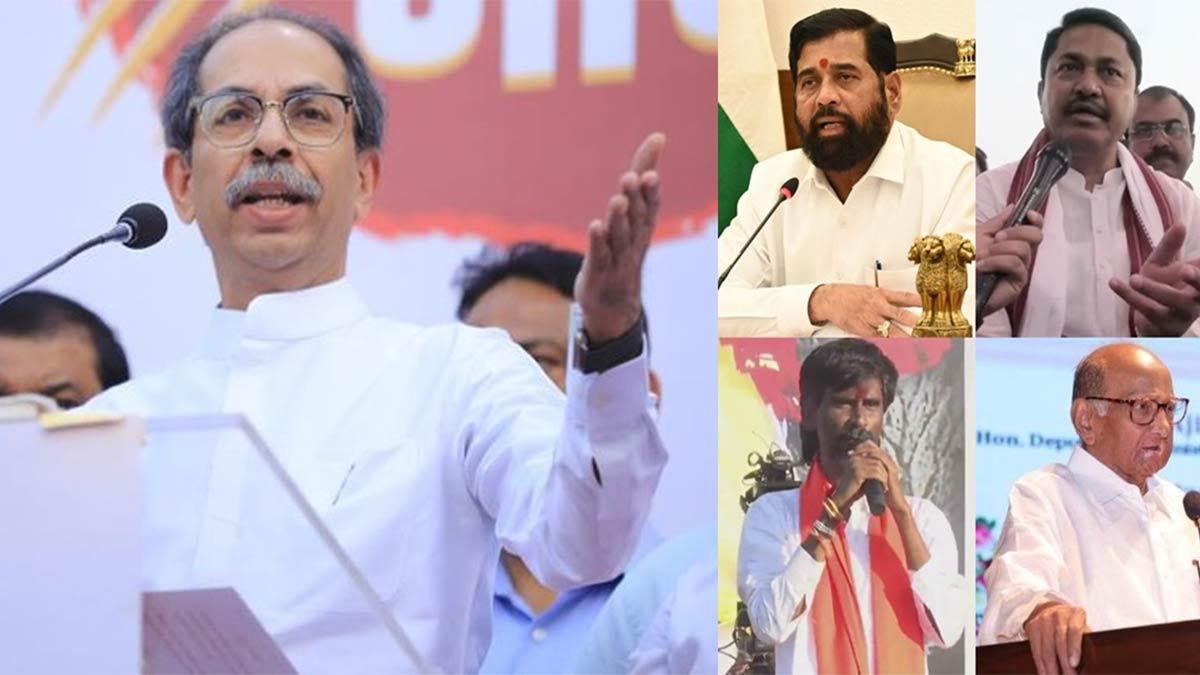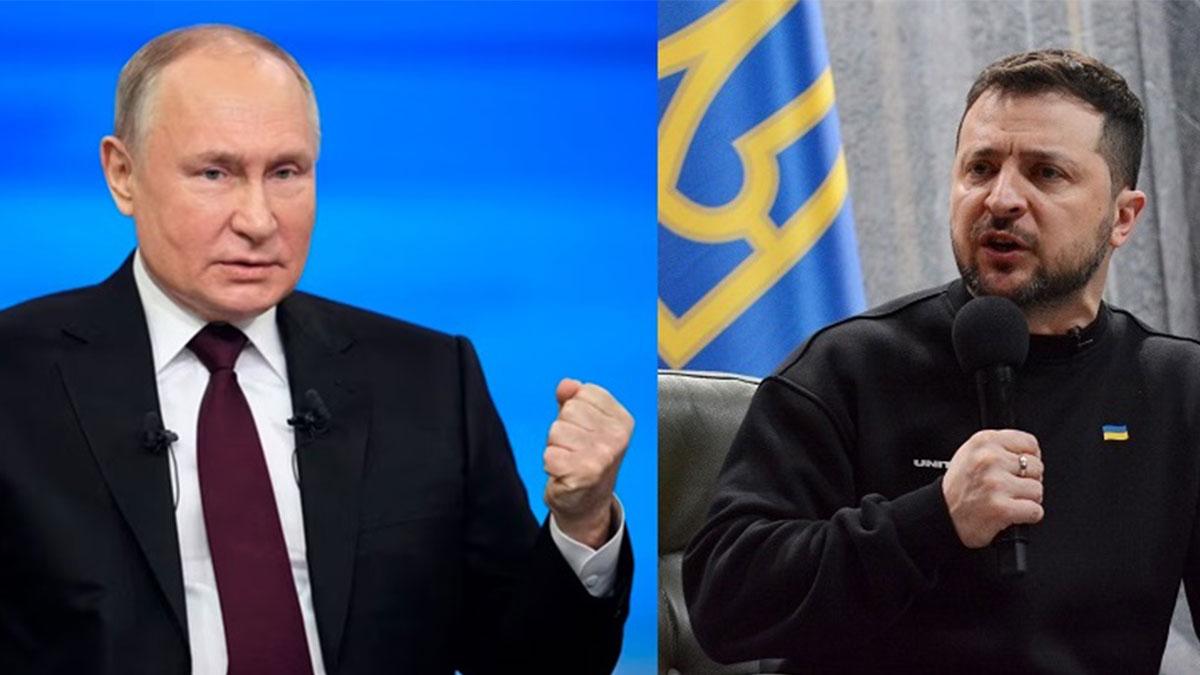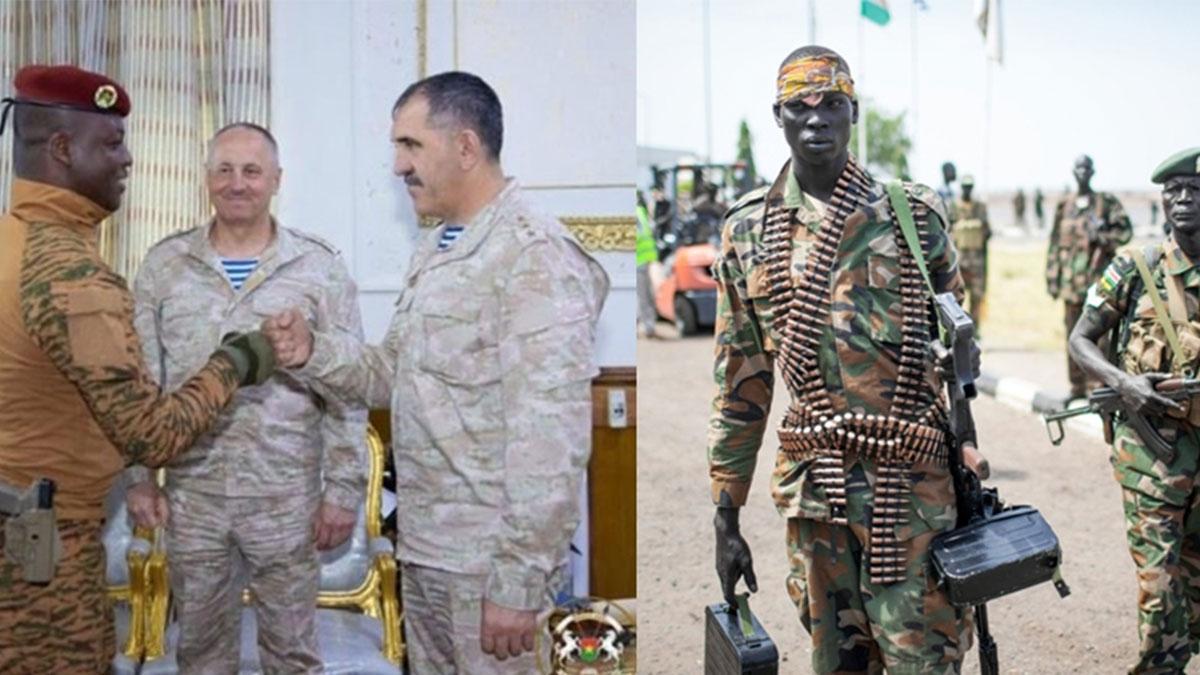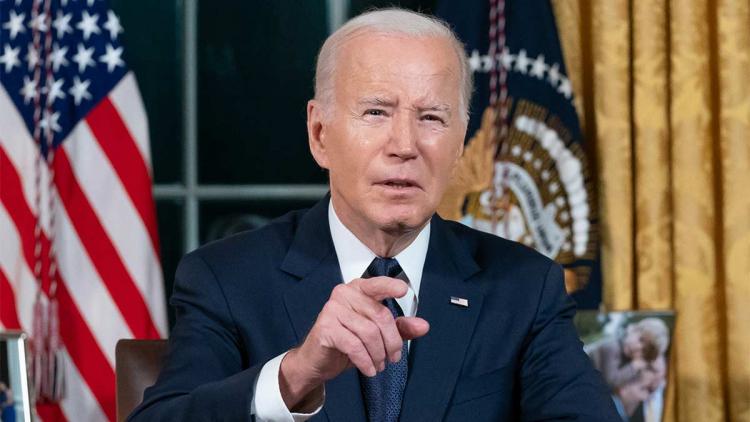It is said that when one works in an abattoir long enough, one goes deaf to the blood and guts of slaughter. In the much-hyped Nehru vs Sardar surround sound, there are certain urban legends that prevail.
To believe everything that one hears and reads now is much like meshugas. Truth cannot be patinated. Once injected with the truth serum of history, a new strain emerges.
Much has been written about the ruptures between the twin leaders of the national freedom movement -- Sardar Patel and Jawaharlal Nehru -- and more so on the fractures that appeared in running the country after India attained independence.
Obviously, both were chosen by Gandhiji himself to lead the country as heir apparents, Nehru being much younger than Patel. Both were tall leaders who commanded enormous respect for their role in the independence struggle. Many people have many takes on this cleft. Yes there were differences of opinion, obviously when men of the stature of Nehru and Sardar Patel are involved, that is bound to happen.
Also read | Pakistan is living in a fool's paradise
When the Defence Committee waited for V.P. Menon and Sam Manekshaw to return from Jammu with the signed Instrument of Accession and Nehru vacillated -- even as Sheikh Abdullah sitting in the ante room of the PM's residence on York Road slipped in a note to him saying that Kashmir would be lost forever if the Indian Army wasn't airlifted on priority as the marauders had virtually reached the gates of Srinagar burning the power station at Mahura and Maharaja Hari Singh had fled to the plains of Jammu -- it was Sardar who asked Nehru: "Jawahar, Kashmir chahiye ki nahin?" But both leaders were level headed and chose to work together for nation-building.
V.P. Menon, who worked in complete synchronicity with Sardar Patel on the crucial issue of integrating the Princely States, says this about the Iron Man of India:
"Leadership is of two kinds -- a leader like Napoleon, who was master of both policy and detail, wanted merely the instruments to carry out his orders. Sardar's leadership was of a different category -- having selected his men, he trusted them entirely to implement his policy without full and frank consultation. Whenever we entered into any discussion, we did so as personal friends rather than minister and secretary (in the Ministry of States)."
P.N. Chopra, who dealt with the selected works of Patel extensively across several volumes, says: "The differences between Sardar and Nehru perhaps might not have aggravated but for certain elements such as Mridula Sarabhai, Rafi Ahmed Kidwai and a few others in the Congress Party."
Rajmohan Gandhi, who has done extensive work on Sardar Patel, sums up the aperture while reviewing Patel's daughter Maniben's book on her father based on her jottings in a diary, in his own biography of the Sardar, "Patel: A Life".
He pulls no punches on the fabled rivalry between Nehru and Patel. History tells us that the conflict was acute, but Rajmohan Gandhi dispels this notion by quoting from history. Patel, who had used sharp language for Nehru, was also the one who had written to Jawaharlal in August 1947: "My services will be at your disposal, I hope, for the rest of your life and you will have unquestioned loyalty ... from me ... Our combination is unbreakable and therein lies our strength."
Of course there were differences of opinion between the two -- more so because their style of functioning was different -- but Sardar, as is clear from his public comments, always stood by Nehru.
On February 4, 1948, after the Mahatma's assassination, Vallabhbhai, the Deputy Prime Minister, who was 14 years older than Nehru, called Jawaharlal "my leader" in a speech to Congress MPs and added: "I am one with the Prime Minister on all national issues. For over a quarter of a century both of us sat at the feet of our master and struggled together for the freedom of India. It is unthinkable today, when the Mahatma is no more, that we should quarrel."
That such an agreement and unity existed, and that it survived until Patel's death in December 1950, will not of course be believed by any who only read Patel's stark comments about Nehru in the Maniben diaries.
No doubt Maniben only recorded what she heard, but in this volume the remarks are presented without any reference to their context, according to Rajmohan Gandhi. (Moreover, the editing is such that in many cases it is impossible to make out whether a barbed remark is Patel's or that of a visitor, or where the remark was made.)
Rajmohan Gandhi wrote: "The Patel-Nehru conflicts are well known. At the end of 1949, when the first President for the Republic had to be found, Nehru wanted Rajaji but after an initial ambivalence Patel supported Rajendra Prasad, who was chosen.
"In August 1950, the Sardar was again on the winning side, and Nehru on the losing, when Purshottam Das Tandon won a contest for the Congress presidentship, defeating Acharya Kripalani, whom Nehru had backed. Bitter words marked both contests, but the relationship did not break.
"If unaware of other facts, the reader of these diary entries will believe that over Kashmir, Hyderabad and the Indo-Pak Pact of 1950, the Nehru-Patel differences were unbridgeable. But were they? While disliking the reference of Kashmir to the UN, Patel went along with the removal of Hari Singh, the empowerment of Sheikh Abdullah and the provision of Article 370.
"As for the Nehru-Liaqat Pact of April 1950, over which Shyama Prasad Mookerjee resigned from the Union cabinet, Patel pledged his 'whole strength and energy to making a success of the Agreement and vindicating the stand of the Prime Minister,' and he also pointed out that "ugly and deplorable incidents from our side" had "weakened our position".
"On his part, though unsure of the timing of Patel's Hyderabad operation, Nehru went along with it. Historically, which is more remarkable -- the Patel-Nehru differences, which were undoubtedly important, or the fact that the two stayed together? Those riveted only by the differences have to face some ambiguities.
"Thus in the Diary, Patel says conflicting things about Kashmir. While on July 23, 1949, he seems to want to do "battle for the whole of Kashmir" (p.291), on September 27, 1950, referring to Kashmir, the Sardar tells R.K. Patil: "Now how long can India bear this burden." (p. 425).
"Questions about what Patel 'really' thought on an issue cannot be resolved by referring to the Diary."
In a public statement on April 7, 1947, Patel captured the prevailing sentiment best when he said: "Our leader in uprooting British rule was Gandhiji, in administration, our leader is Jawaharlal Nehru, his cleverness, efficiency and sacrifice are incomparable. I have gone there to serve Jawaharlalji as loyally as I have served Gandhiji, it is my duty to help according to my capacity and I am doing that." (P.N. Chopra, 'Collected Works of Patel', Volume 12).
A discordant note is run by A.G. Noorani while writing in 'Frontline' magazine. He claims that Patel wasn't the real Bismarck, but Lord Mountbatten was the real fulcrum behind the integration of the Princely States:
"Credit for the crucial phase of the integration of the princely states belongs mainly to the Viceroy and Governor-General, Lord Mountbatten, and his Constitutional Adviser, V.P. Menon. Patel played a supportive and ancillary role.
"The task was outsourced by him with the Cabinet's full authorisation to Mountbatten.
"The two White Papers on Indian states, published by the Ministry of States over which he presided, record the two distinct phases of the process of integration.
"One was their accession to India before Independence on August 15, 1947, abandoning for good all pretensions to independent statehood on the lapse of the 'paramountcy' of the British Crown. It was a bogus doctrine which British colonialists conveniently evolved with the support of their pliable lawyers.
Also read | Political chaos in United Kingdom
"No one refuted it more devastatingly than did Dr B.R. Ambedkar on the eve of Independence. This first phase, the accession, before August 15, 1947, was of crucial importance. Jinnah egged on the states to declare themselves independent and thus Balkanise India. Mountbatten foiled his plans.
"The next phase, that of integration with federal India, was plain sailing. The princes were, as it were, lodged in the harem. Those who were small needed slight cajoling to sign agreements for merger with the Provinces of the erstwhile British India; the medium ones formed Unions; the large ones stood alone like the other states."
(Sandeep Bamzai is the Editor-In-Chief of IANS and author of 'Princestan: How Nehru, Patel and Mountbatten Made India' (Rupa), which won the Kalinga Literary Festival (KLF) Book Award 2020-21 in the non-fiction category.)
How Patel planned Hyderabad's Operation Polo
Stanley Wolpert captures the enigma of Nehru vs Patel distinctly in 'Nehru: A Tryst with Destiny':"Gandhi's death reunited Nehru and Patel. Their reconciliation not only saved Congress and India's central government from collapse, but it kept Nehru in power. Without the Sardar's strength and support Nehru might have broken down or been forced out of high office. Vallabhbhai ran India's administration for the next two years (before his death) while Nehru indulged mostly in foreign affairs and high Himalayan adventures.
"The Sardar, as Congress's strongman was called, was determined to stay and solve whatever problems remained, rather than running away from them. He had long viewed Nehru as a weak sister and often wondered why Gandhi thought so highly of him."
This is probably the most accurate summation of Nehru and Patel, twins intertwined in India's freedom movement struggle and the establishment of a strong united India.
Alex Von Tunzelmann writing in 'Indian Summer' says: "Whatever may be said about Mountbatten's tactics or the machinations of Patel, their achievement remains remarkable. Between them, and in less than a year, it may be argued that these two men achieved a larger India, more closely integrated, than had 90 years of British raj, 180 years of the Mughal Empire, or 130 years of Asoka and the Maurya rulers...
"He (Sardar Patel) was impervious to Mountbatten's famous charm, describing the new Viceroy as 'a toy for Jawaharlalji to play with while we arrange the revolution'... For Patel's part, he realised immediately that Mountbatten, with his own semi-royal status and personal friendship with many of the princes, was uniquely suited to help India achieve its aim of leaving no state behind."
Says Leonard Mosley in 'The Last Days of the British Raj': "Sir Conrad Corfield and other defenders of the Princes were, however, being a little too optimistic. At the very moment that they breathed the heady air of victory, something came out of the blue and floored them. The blow came from the clasped hands of those two able political operators, Sardar Patel and V.P. Menon.
"When the Congress Party and Nehru decided to form a States Ministry they picked Patel as the obvious man to head it. Their mood was belligerent. They despised the Princes and they resented the British for lapsing paramountcy. They hoped and expected that the strong man of the Party would roll up his dhoti and wade in with sound, fury, and effect.
"Patel was far too wily a negotiator to do such a thing, particularly since he had the measure of Sir Conrad Corfield and admired him as a skilled and dangerous adversary. This was, he decided, no time for flailing fists and loud cries of screaming rage and fury. The blow must be subtle, unexpected, and must leave no unnecessary bruises..."
Another insight comes from V. Shankar, private secretary to Patel, who wrote in 'My Reminiscences of Sardar Patel Vol. 1': "But he (Sardar) had to contend with two important factors, one of them being Lord Mountbatten... Sardar had to be particularly patient because very often Lord Mountbatten succeeded in enlisting Pandit Nehru's sympathies for his point of view...
"He was convinced that, in this matter of national importance, police action could not be ruled out in the case of Hyderabad and that the threat of its accession to Pakistan must be removed at all costs. As regards Junagadh he was not prepared for any compromise and finally succeeded in evolving and executing his own plans despite Lord Mountbatten's counsels against precipitating matters or his suggestion of a plebiscite (under UN auspices)...
"He (Sardar) remarked with a twinkle in his eye, 'Don't you see we have two UN experts -- one the Prime Minister (Nehru) and the other Lord Mountbatten -- and I have to steer my way between them. However, I have my own idea of plebiscite. You wait and see."
Shankar and V.P. Menon are the two people along with his daughter Maniben who understood Sardar Patel best due to their constant proximity with him during those days.
V. Shankar says: "Hyderabad occupied a special position in the British scheme of things and therefore touched a special chord in Lord Mountbatten ... The 'faithful ally' concept still ruled the attitude of every British of importance ... all the other rulers were watching whether the Indian government would concede to it a position different from the other states ... Lastly, on Hyderabad, Pandit Nehru and some others in Delhi were prepared to take a special line; in this Mrs Sarojini Naidu and Miss Padmaja Naidu, both of whom occupied a special position in Pandit Nehru's esteem, were not without influence ...
"Apart from Lord Mountbatten's understandable sympathy for the Muslim position in Hyderabad, shared by Pandit Nehru, in anything that concerned Pakistan even indirectly, he was for compromise and conciliation to the maximum extent possible ... Sardar (Patel) was aware of the influence which Lord Mountbatten exercised over both Pandit Nehru and Gandhiji; often that influence was decisive ... Sardar had made up his mind that Hyderabad must fit into his policy regarding the Indian states ... I know how deeply anguished he used to feel at his helplessness in settling the problem with his accustomed swiftness. ...
"Very tactfully, Sardar Patel waited for Mountbatten to first go from India forever, which he did on June 21, 1948 -- lest he should interfere in the matter. Patel's most formidable obstacle lay in Mountbatten and Nehru, who had been converted by Mountbatten to his point of view -- not to let the Indian Army move into Hyderabad. Had Gandhi been alive, perhaps Nehru-Gandhi combine would not have allowed the action that Sardar took -- Gandhi being a pacifist.
"Sardar Patel had fixed the zero hour for the Army to move into Hyderabad twice, and twice he had to postpone it under intense political pressure from Nehru and Rajaji. They instead directed V.P. Menon and H.M. Patel to draft a suitable reply to the Nizam on his appeal.
"While the reply to the Nizam was being readied, Sardar Patel summarily announced that the Army had already moved in, and nothing could be done to halt it. This he did after taking the Defence Minister, Baldev Singh, into confidence! Had Sardar Patel not showed such determination and guts, and had he not ignored the tame alternative suggested by Nehru and Rajaji, Hyderabad would have been another Kashmir or Pakistan!
"... the decision about the Police Action in Hyderabad in which case Sardar (Patel) described the dissent of Rajaji and Pandit Nehru as 'the wailing of two widows as to how their departed husband (meaning Gandhiji) would have reacted to the decision involving such a departure from non-violence'.
"Meanwhile, a fanatical Muslim organisation, Ittehad-ul-Muslimeen, headed by one Kasim Razvi had been fomenting trouble. They came to be known as the Razakars. At the instance of Kasim Razvi, the Nizam appointed Mir Laik Ali, a Hyderabadi businessman, who had also been a representative of Pakistan at the UN, the president of his Executive Council. With this the Hyderabad Government came virtually under Razvi.
"Razvi later met Sardar and Menon in Delhi to tell that Hyderabad would never surrender its independence, and that Hindus were happy under the Nizam; but if India insisted on a plebiscite, it is the sword which would decide the final result. Razvi further told Sardar Patel, 'We shall fight and die to the last men', to which Patel responded, 'How can I stop you from committing suicide?'"
On the use of force by India to settle the Hyderabad issue, V. Shankar writes in 'My Reminiscences of Sardar Patel, Vol 1': "The entire staff for the purpose had been alerted and the timing depended on how long it would take for Sardar to overcome the resistance to this course by C. Rajagopalachari, who succeeded Lord Mountbatten as Governor General, and by Pandit Nehru, who found in C. Rajagopalachari an intellectual support for his non-violent policy towards Hyderabad."
Shankar quotes Sardar's response to a query: "Many have asked me the question what is going to happen to Hyderabad. They forget that when I spoke at Junagadh, I said openly that if Hyderabad did not behave properly, it would have to go the way Junagadh did. The words still stand and I stand by these words."
Shankar further states in Vol. 2: "The situation in Hyderabad was progressing towards a climax. Under Sardar's constant pressure, and despite the opposition of Pandit Nehru and Rajaji, the decision was taken to march into Hyderabad and thereby to put an end both to the suspended animation in which the State stood and the atrocities on the local population which had become a matter of daily occurrence."
In a Cabinet meeting on September 8, 1948, while the States Ministry under Sardar Patel pressed for occupation of Hyderabad to put an end to the chaos there, Nehru strongly opposed the move and was highly critical of the attitude of the States Ministry. However, Sardar Patel prevailed.
Sardar Patel's daughter's 'The Diary of Maniben Patel: 1936-50' states: "About Hyderabad, Bapu (her father, Sardar Patel) said if his counselling had been accepted -- the problem would have been long solved ... Bapu replied (to Rajaji), '...Our viewpoint is different. I don't want the future generation to curse me that these people when they got an opportunity did not do it and kept this ulcer (Hyderabad princely state) in the heart of India ... It is States Ministry's (which was under Sardar Patel) function (to make Hyderabad state accede to India).
"How long are you and Panditji going to bypass the States Ministry and carry on ... Bapu told Rajaji that Jawaharlal continued his aberration for an hour and a half in the Cabinet -- that we should decide our attitude about Hyderabad. The question will be raised in the UN ... Bapu said, 'I am very clear in my mind -- if we have to fight -- Nizam is finished. We cannot keep this ulcer in the heart of the Union. His dynasty is finished.' He (Jawaharlal) was very angry/hot on this point."
The particular prisms through which Nehru and Patel have been viewed may vary and differ, but what cannot be disputed is that they were both important to the integration of Princely States and in the modern construct of a unified new India.
Their tactics may have been different, the role of Lord Mountbatten too cannot be ignored in this grand canvas of 560-odd States -- big and small -- which needed to be digested without ulcers. Much akin to a relay race in which batons were handed over by Nehru to Mountbatten to Sardar Patel and V.P. Menon in a tough race which they completed in record time.
(Sandeep Bamzai is the Editor-In-Chief of IANS and author of 'Princestan: How Nehru, Patel and Mountbatten Made India' (Rupa), which won the Kalinga Literary Festival (KLF) Book Award 2020-21 in the non-fiction category.)
Why the RSS admires Sardar despite his decision to ban it
The invaluable contribution of Sardar Vallabhbhai Patel in the unification of the country as its first Deputy Prime Minister and Union Home Minister, cannot be ignored, but since the past several decades, questions are being raised on respect accorded to the stalwart.
The BJP has been alleging that the Congress has always neglected Patel's role in order to glorify the Nehru-Gandhi family.
Politically, the BJP has staked its claim to the political legacy of Sardar Patel in Gujarat as well as across the country. Although the BJP claims that Patel was sympathetic towards the RSS, various opposition parties remind the saffron party that after Mahatma Gandhi's assassination, Patel had banned the Rashtriya Swayamsevak Sangh as the Home Minister.
While talking to IANS, senior RSS leader Indresh Kumar recalled the era of independence and said that the Congress which had promised to give 'Purna Swaraj' or complete freedom, instead led to creation of a divided India.
At the time of the crisis, Patel played an important role in the country's integration as the first Deputy Prime Minister and Union Home Minister. Hailing Patel, the Sangh leader said that if the issue of Jammu and Kashmir was also handled by the former instead of Jawaharlal Nehru, then this problem would not have arisen.
Recalling Patel's role during the partition, Kumar claimed that the former had played a major role in stopping the massacre of Hindus coming from Pakistan and providing all kinds of assistance to them on their arrival.
He also claimed that Patel praised the Sangh for helping the Hindus and persecuted people from other communities who came to India in 1947 from Pakistan.
Responding to a question about the ban imposed by Patel on the Sangh at the time of Gandhi's assassination, the senior Sangh leader said that it was the Congress's decision to ban the RSS after the assassination of Gandhi. Due to the pressure from the Congress, Patel had to ban the Sangh, but as soon as the facts of the investigation came before him, he played a crucial role in removing the ban on the Sangh calling it "innocent".
Also Read | Ready to risk their lives for 15 seconds of YouTube fame
Kumar said that the Congress tried to spread canards in this regard from the beginning, but till date it could not prove the allegation that RSS was involved in Gandhi's assassination.
Reiterating political attacks on the Congress, Kumar also said that unfortunately, the ability, skill, contribution, stature and popularity of Patel did not go down well with the Nehru-Gandhi family running the Congress. Therefore, the Nehru-Gandhi family behaved badly with Patel.
Patel was insulted even while alive and was deprived of the honour he deserved after his death. It is because of these sins and crimes, the Congress stands marginalised in politics today.

